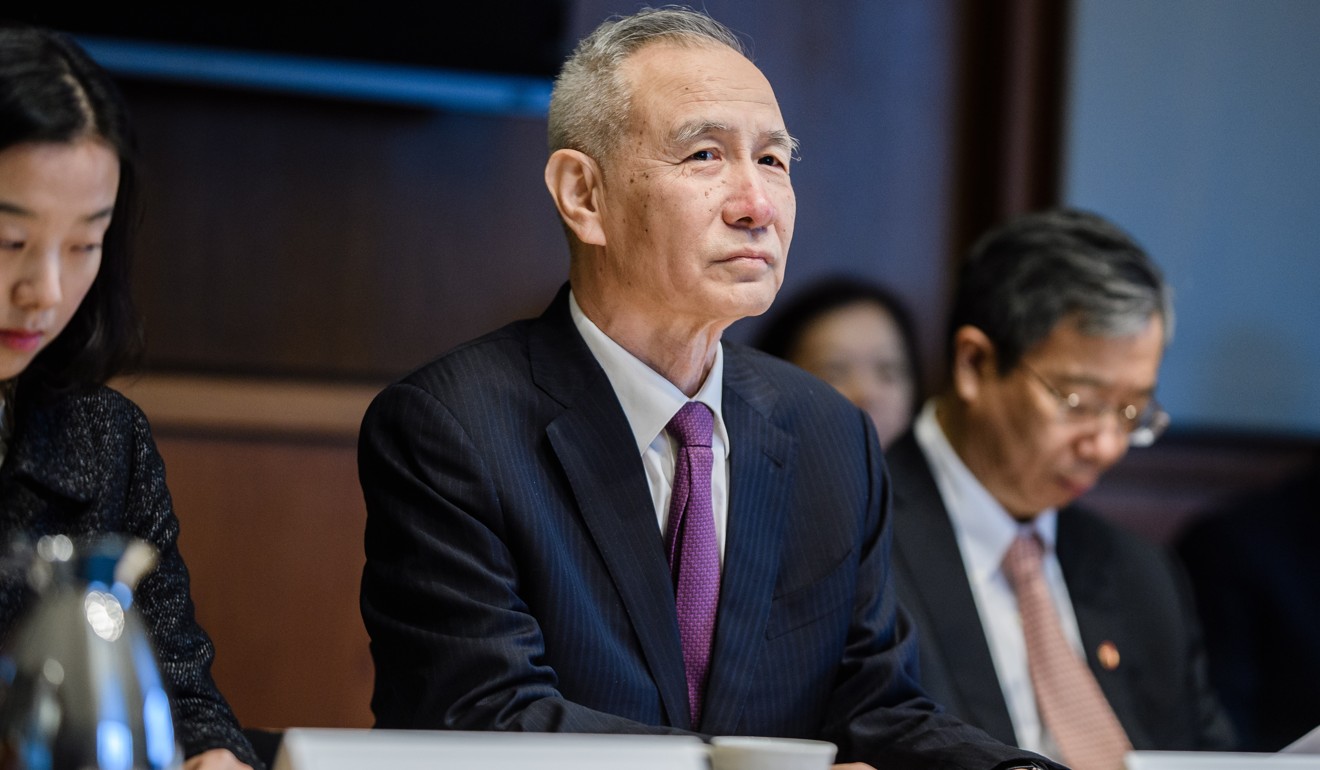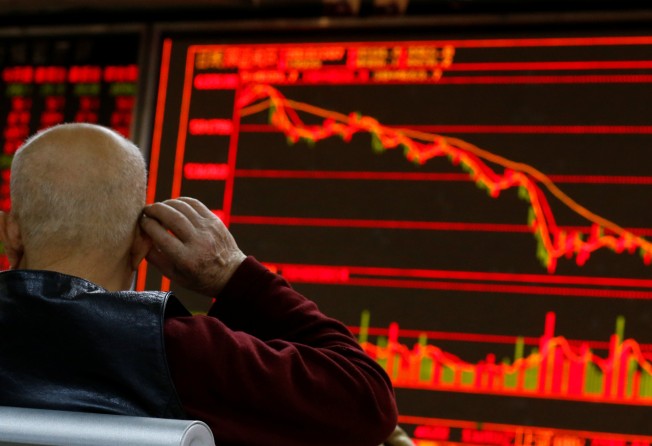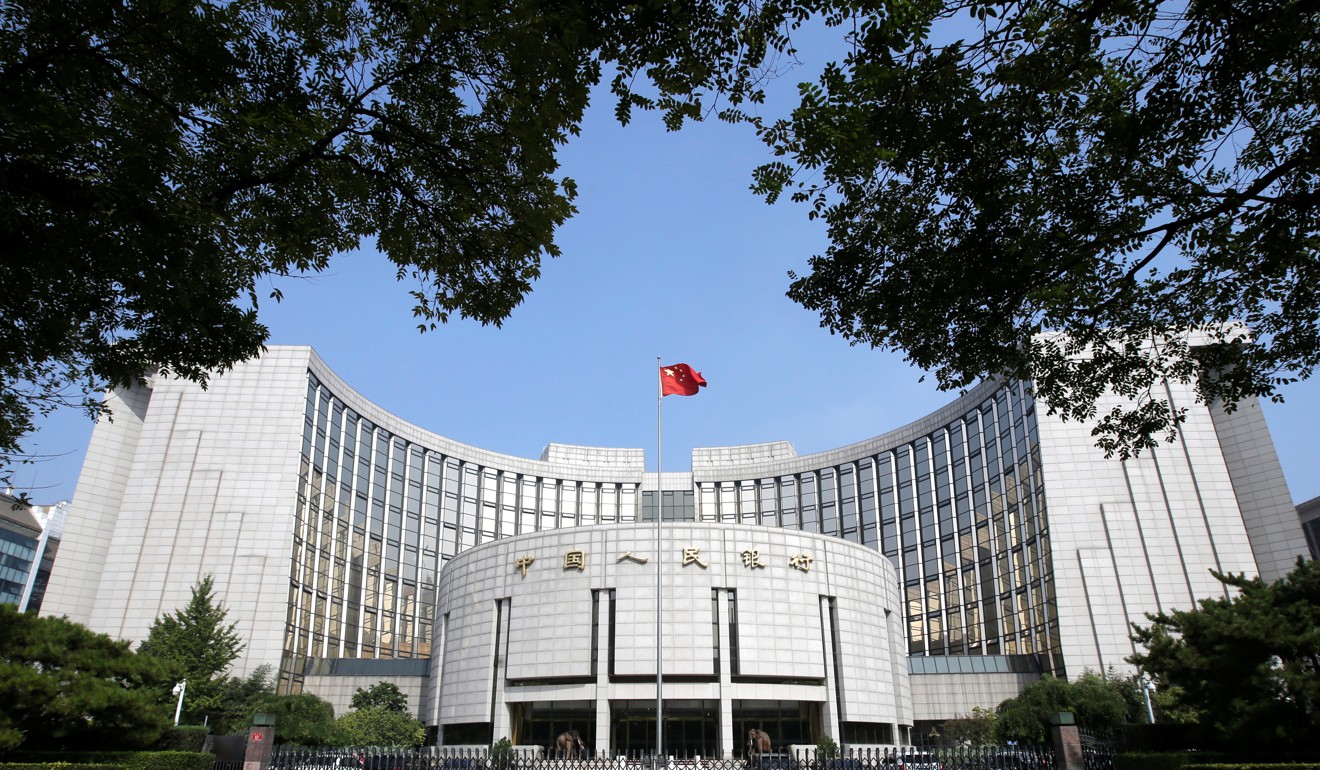
China’s financial commission denies tax cut rumour during key economic meeting
- Online claim said China’s leadership had decided not to cut taxes or fees during the ongoing Central Economic Work Conference
- One-sentence statement from the Financial Stability and Development Committee reflects Beijing’s eagerness to shore up fragile market sentiment

China’s powerful financial stability commission, led by Chinese President Xi Jinping’s top economic aide, on Friday publicly denied a market rumour that Beijing had no plan to cut taxes at this week’s key economic policymaking meeting.
The general office of the Financial Stability and Development Committee, which is located within the People’s Bank of China, said in a one-sentence statement that it has noticed online rumours about the ongoing Central Economic Work Conference and the talks that China’s leadership has decided not to cut taxes or fees “were contrary to the truth”.
It marked the first time the agency had reacted to a specific gossip, reflecting Beijing’s eagerness in stabilising market expectations.
It also showed that the government, which is fighting to keep a firm grip on economic information, is becoming more proactive in hitting back “rumours”.
Ding Shuang, chief Greater China economist at Standard Chartered, said it was an uncommon high profile clarification, given the high ranking of the financial stability committee.

“The stock markets, no matter in China or the US, are very weak now, and the confidence is at a low level, regulators might be afraid that such a rumour would cause a greater volatility,” he said.
The statement was published at 2.38pm on Friday when stock trading was on in Shanghai and Hong Kong, showing Beijing’s intention to shore up market sentiment.
China’s Shanghai Stock Composite Index had dipped below a key psychological level of 2,500 in early afternoon trading, but rebounded after the commission, which is headed by Chinese Vice-Premier Liu He, published their brief statement.
The statement is also extraordinary as it disclosed a piece of key information about the ongoing Central Economic Work Conference, the closed-door policy setting meeting chaired by Xi.
According to the protocols established in previous years, the agenda and schedule of the annual meeting is regarded as classified information before a heavily edited summary of the conference is released by the state media.
The tone and policy directions of this year’s conference are particularly important as investors are scrambling for information about what Xi plans to do to arrest a deepening economic slowdown at home and to cope with the trade war with the United States.

Beijing’s strict control of economic information and the public demand for policy clues have created fertile ground for gossip to spread on Chinese social media and in online chat rooms, undermining fragile investor confidence and market sentiment.
China’s benchmark stock index has lost 25 per cent in 2018, making it one of the worst performing markets in the world.
Hong Hao, head of research and chief strategist at Bocom International in Hong Kong, said the brief statement from the committee was “very bad” as it could hurt stock market sentiment further.
“The statement only denies a specific rumour about the ongoing Central Economic Work Conference, and the market may take other rumours as true [as long as they are not officially denied],” he said.
Hong also said it is not wise to run after gossip because “there are uncountable rumours in the market everyday and it’s impossible to respond to them all.”
Instead of being led by market gossip, China should be more transparent about its economic information, he said.